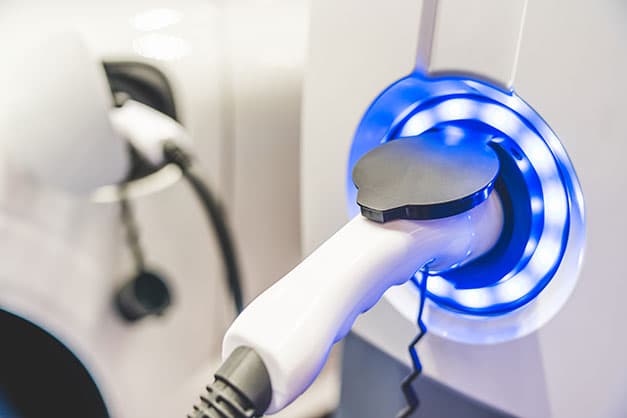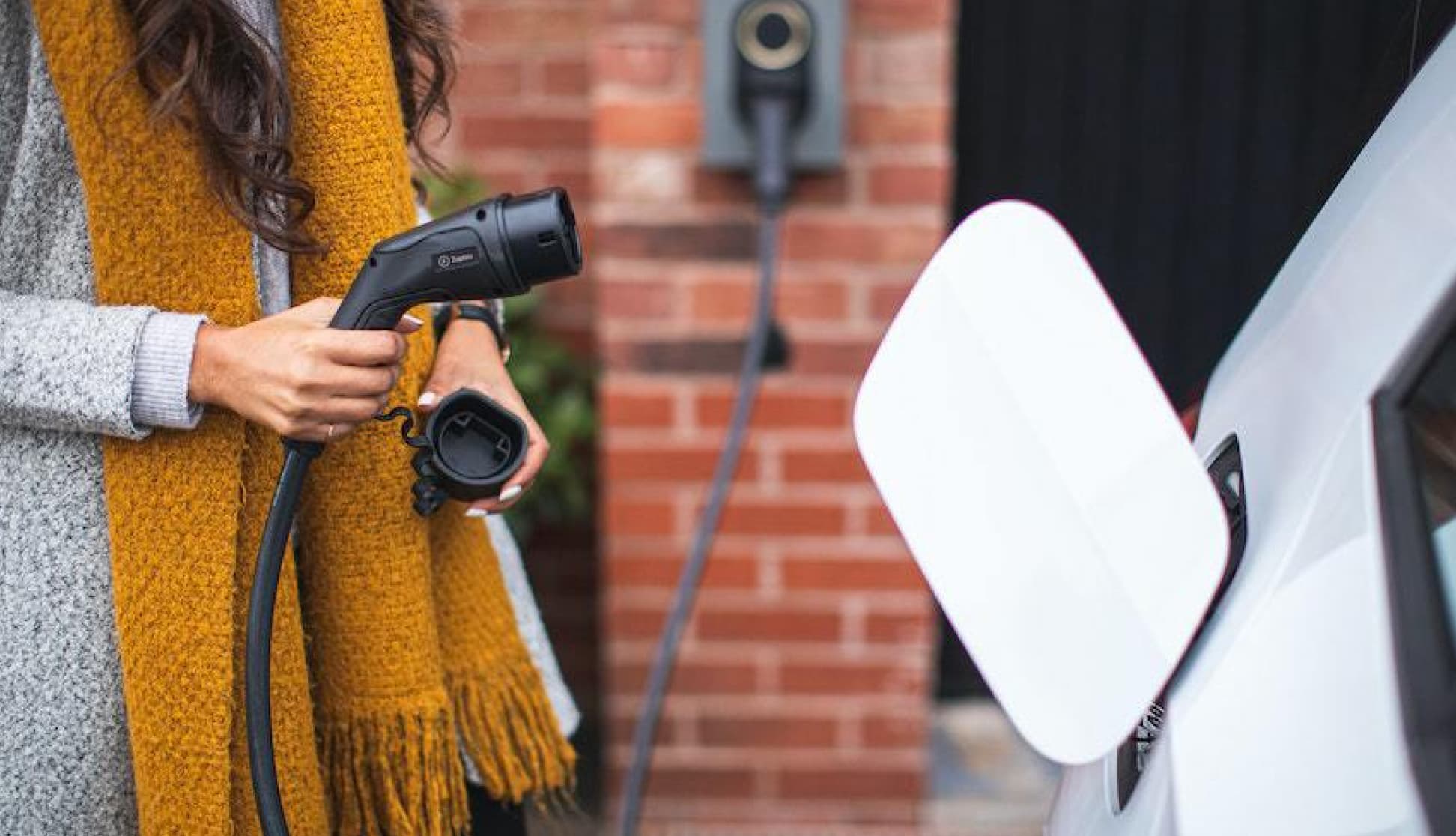What is the Plug-in Grant?
The Plug-in Grant was introduced in 2011 to subsidise the purchase of low-emission cars. The discount was applied to all-electric and hybrid cars to encourage people to drive greener vehicles. Since its launch, the PICG has invested over half a billion pounds and supported the purchase of over 160,000 new cars.
What has changed?
The discount applied to all-electric cars is being cut by £1,000 and the grant for plug-in hybrid cars will no longer apply.
- All-electric (Category 1) cars – the £4,500 discount will decrease to £3,500.
- Plug-in hybrid (Category 2 and 3) cars – the £2,500 grant will be dropped altogether.
A cap is also being considered, meaning cars worth more than £60,000 wouldn’t be eligible for the grant.
Drivers of motorcycles and vans are not affected by the changes and are still eligible for the grant under the same terms (£1,500 for motorcycles and up to £8,000 for vans).
What cars are affected?
Low emission cars are placed into categories. Category 1, 2 and 3 are affected by the changes.
- BMW i3 and i3s
- BYD e6
- Citroën C-Zero
- Hyundai Ioniq Electric
- Hyundai Kona Electric
- Jaguar I-Pace
- Kia Soul EV
- Mercedes-Benz B-Class Electric Drive
- Nissan e-NV200 (5-seater and 7-seater)
- Nissan Leaf
- Peugeot iOn
- Renault ZOE
- Smart EQ fortwo
- Smart EQ forfour
- Tesla Model S
- Tesla Model X
- Toyota Mirai
- Volkswagen e-up!
- Volkswagen e-Golf
Category 2 cars: CO₂ emissions of less than 50g/km and a zero-emission range of at least 10 miles (16km). Cars in this category include:
- Audi A3 e-tron
- BMW 225xe
- BMW 330e
- BMW 530e
- Hyundai Ioniq PHEV
- Kia Niro PHEV
- Kia Optima PHEV
- Mercedes-Benz C350 e (with 17-inch rear wheels)
- Mercedes-Benz E350 e SE
- Mitsubishi Outlander PHEV (except commercial)
- Toyota Prius Plug-in
- Volkswagen Golf GTE
- Volkswagen Passat GTE
- Volvo S90 twin engine
- Volvo V60 D5 twin engine
- Volvo V60 D6 twin engine
- Volvo V90 twin engine
- Volvo XC60 twin engine
Category 3 cars: CO₂ emissions between 50-75g/km and a zero-emission range of at least 20 miles (32km). Cars in this category include:
- Mercedes-Benz E350 e AMG Line
- MINI Countryman PHEV
What does this mean for me?
If you have already ordered an electric or hybrid vehicle via Arnold Clark Vehicle Management, the British Vehicle Rental and Leasing Association (BVRLA) has confirmed that the current discount will still apply. It is likely that any electric or hybrid vehicles ordered from now on will be subject to the new rules.
The DfT is anticipating an increase in people registering for electric vehicles before the change to legislation on 9th November 2018. They confirmed in a statement that they will bring the date forward if demand is higher than expected.
If you have any questions, or if you’re concerned about how these changes might affect you or your fleet, don’t hesitate to get in touch.



